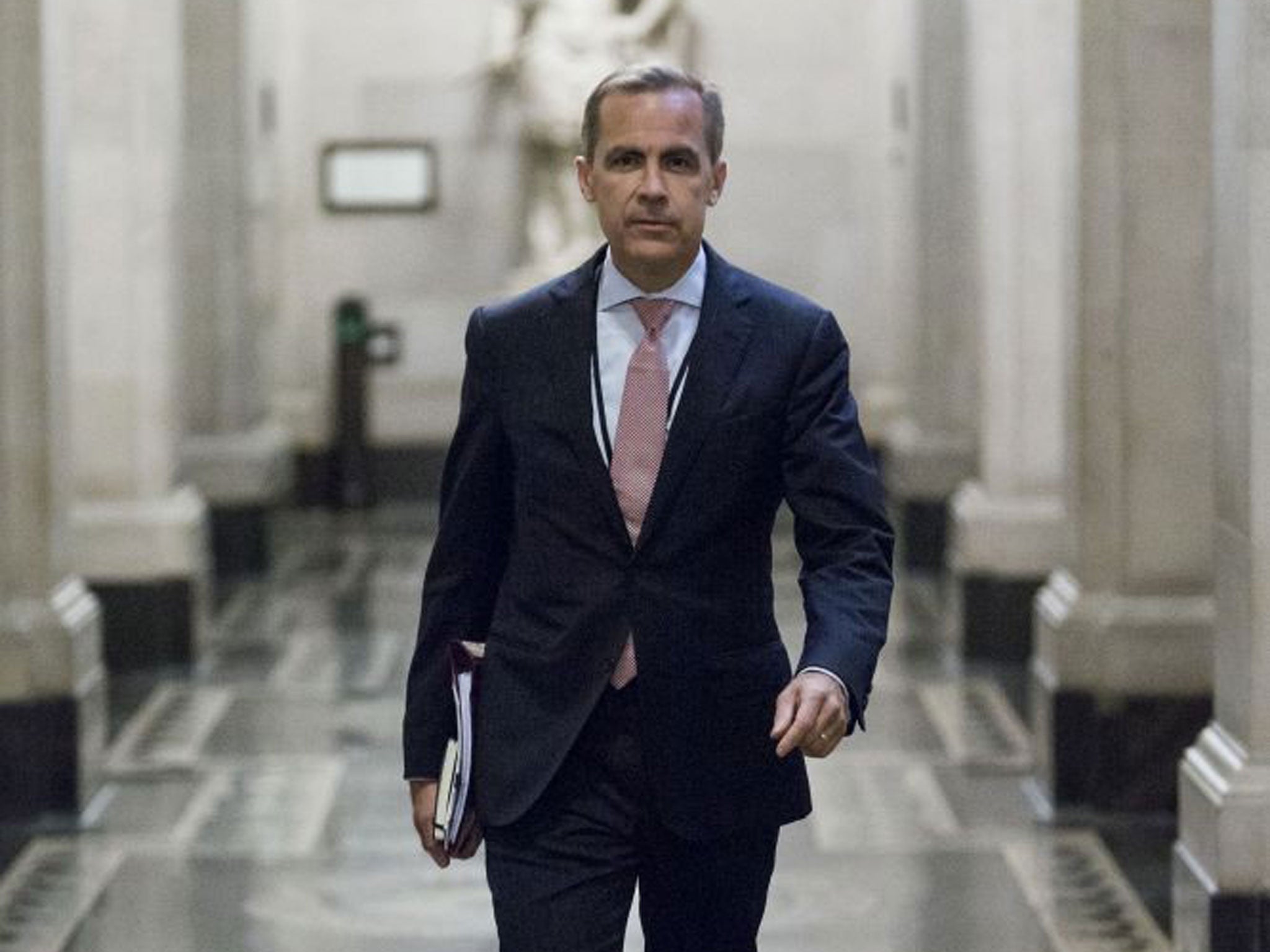Carney should learn the discipline of burgernomics
He can try to talk down sterling, but the Big Mac index, based on the cost of one of the world’s favourite fast food item, shows it’s just about right


The pound is climbing back – and expect it to climb further, notwithstanding the efforts of the Bank of England to talk it down.
On Friday, a speech by the Governor of the Bank of England, Mark Carney, to the effect that there would be no early rise in interest rates knocked sterling back from $1.67 to $1.65, so what central bankers say does affect things in the short run. But not in the long, for remember how his predecessor, Sir Mervyn King, tried to talk the pound down last spring, when it was trading some 10 cents lower than it is now. It did go down for a bit but soon rebounded.
The pound will climb because the UK is likely to have to increase interest rates ahead of the United States or the European Union. The Governor is quite right to note that there is no immediate need for an increase, and I understand much regrets citing the 7 per cent unemployment level in his forward guidance last year, as he should.
But we will still get higher rates, my guess being the first move will come in November, because they will be needed to damp down the present surge in asset prices. Higher short-term returns in a safe-haven currency will tend to push up the pound, making it an even safer haven.
There are other forces at work. The sharp fall-out across the emerging world in currencies, bond and equity markets, has unnerved short-term investors. The situation varies from country to country but in general the hot money that flooded in over the past four years is now flowing out. Where does it go? Looking around the rest of the developed world, UK assets appear relatively attractive.
So is a somewhat stronger pound a problem? For most Britons it is quite the reverse. Not only do we get a better deal when we are abroad; the price of UK imports falls, something that we notice most obviously at the fuel pumps. One of the reasons why the UK has had a materially worse inflation performance than the US or the eurozone has been the weakness of sterling.
But for business? The textbook view is that a relatively weak currency, “competitive” is the word, is good for businesses. They can export more easily, and can substitute domestic for imports. You get quite a bit of this from the company lobby groups, but the experience of the past five years suggests that a weak currency does not bring huge benefits.
Despite the 20 per cent overall fall in the external value of sterling our trade gap has actually widened. I have not seen any really convincing explanation for this but I suspect it is partly because companies have become adept at insulating themselves from swings in currencies and partly because price matters less than quality and service.
A practical example of how UK manufacturing concerns have learnt to live with swings in currencies is our motor industry. When there was a possibility of joining the euro, the (foreign-owned) manufacturers warned that we would suffer if we did not join. Well, we didn’t and now have the fastest-growing industry in Europe.
Besides, it is not clear that sterling is over-valued at the moment. It fell by more than 20 per cent and has now recovered by 6-8 per cent. And on a purchasing-power parity basis it is spot on against the dollar and a tiny bit undervalued against the euro.
How do we know that? The central banks and other monetary authorities have all sorts of complex models that try to calculate purchasing-power parity but the most convincing and practical one is the Big Mac index calculated by The Economist.
The magazine takes the price of that prime product, the Big Mac, standardised around the world, and uses it to calculate whether a currency is over or undervalued. By coincidence it published its latest report this weekend, and if you are interested you can have a play with the data on the website.
It depends a bit on whether you look at raw data, or whether you adjust for different levels of gross domestic product (because a rich country will inevitably have more expensive beefburgers than a poor one), but the basic message is that sterling is more or less correctly priced overall. The average price of a Big Mac in the US this month is $4.62, while in dollars the average price of a Big Mac in Britain is, wait for it, $4.63. So there.
What happens next will depend on the speed at which the UK recovery proceeds. If the present canter keeps up the pace the sensible thing to expect would be that sterling will continue to strengthen somewhat through the summer as we approach that rise in interest rates. Beyond that, who knows, for there are huge uncertainties not only for the UK (including a Scottish referendum) but also for the rest of the world. The pound happens at the moment to be the least ugly currency in a parade of the none-too-beautiful. But we like a strong currency. Governments that have presided over currency collapse have almost without exception been thrown out at the next election. So there is political benefit to the coalition in running a sound currency. They should remember that.
Join our commenting forum
Join thought-provoking conversations, follow other Independent readers and see their replies
Comments
Bookmark popover
Removed from bookmarks